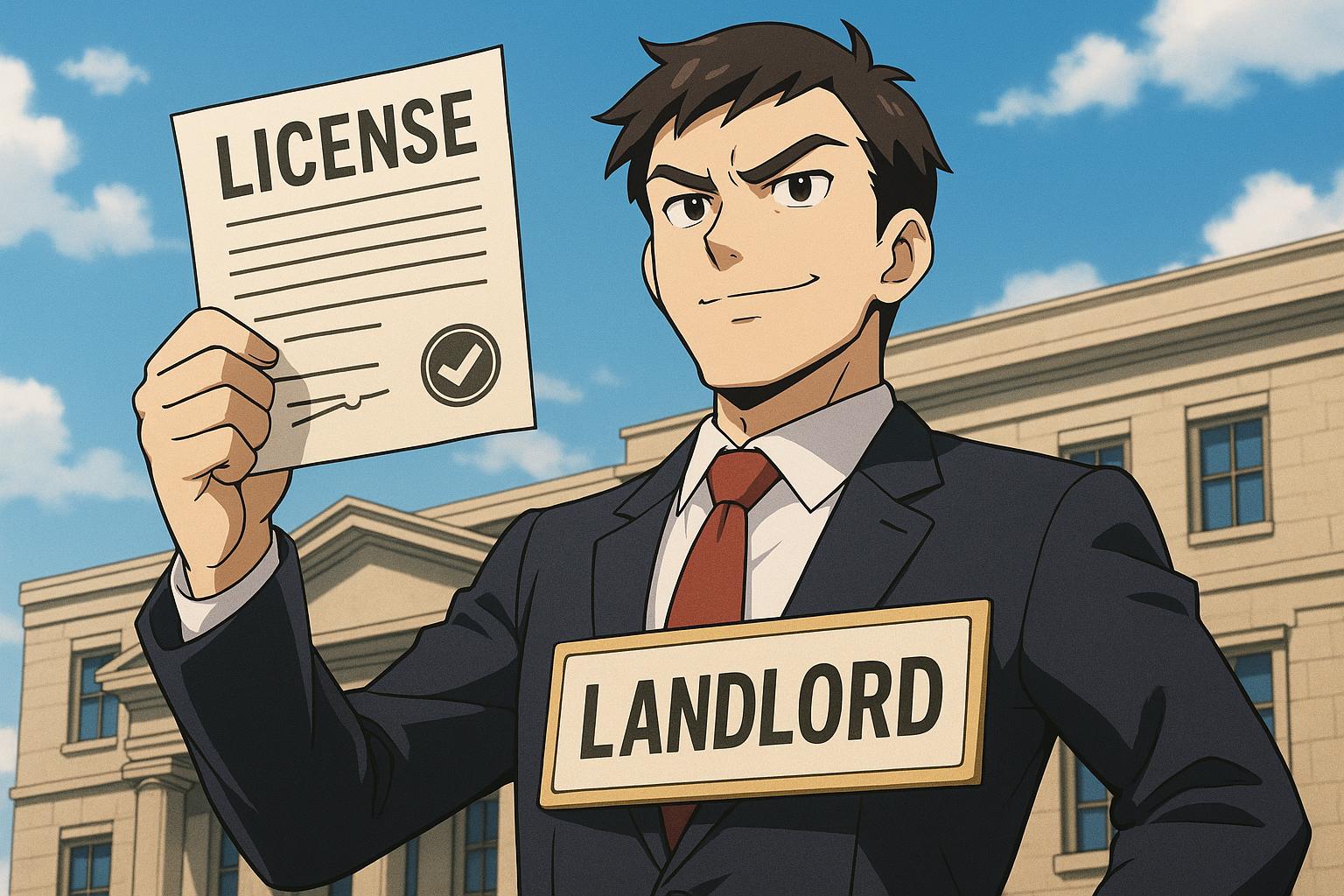Legal specialists at Landlord Licensing & Defence have recently highlighted a notable victory for landlords in a rent repayment case that underscores the importance of valid licence applications. The case revolved around an £17,000 claim initiated by the activist group Justice for Tenants, which argued that a landlord operating in Lewisham was unlicensed. However, upon investigation, it became clear that the landlord had submitted a valid licence application years prior, thereby entitling them to legal protection under the Housing Act 2004, despite the council's failure to issue a final licence.
Desmond Taylor, the casework director at Landlord Licensing & Defence, emphasised the implications of this case by stating, “They came for £17,000 and left with nothing but a lesson in the law." His remarks bring to light a critical point regarding landlord accountability and bureaucratic inertia. Taylor noted that the responsibility falls squarely on the local authority when delays occur. “If a licence is duly applied for and the local authority sits on its hands,” he explained, “that’s their failure, not the landlord’s.” This perspective challenges the narrative often portrayed by tenant advocacy groups that landlords are entirely at fault when issues arise related to licensing compliance.
The case also sits within a broader context of Rent Repayment Orders (RROs), which are designed to compensate tenants residing in unlicensed properties. Such orders aim to recover rents from landlords who flout licensing regulations, illustrating a push towards holding landlords accountable for upholding tenant rights. However, as this latest case demonstrates, landlords do have robust defences available when they comply with the licensing process. According to various legal experts, valid licence applications serve as a complete defence against such claims, reflecting a nuanced understanding of the law that is not always considered by tenant advocacy groups.
In Lewisham, the local council has been proactive in rolling out three licensing schemes aimed at raising the standard of rental properties within the borough. These include Mandatory Licenses for Houses in Multiple Occupation (HMOs), Additional Schemes, and Selective Licenses, all of which require landlords to meet specific standards and conditions. These schemes not only enhance tenant safety but also impose significant penalties for non-compliance, including fines of up to £30,000 and potential revocation of licences for serious infractions.
While the council champions its efforts to protect renters, including emphasising enforcement actions against non-compliant landlords, there is contention regarding how effectively these measures are implemented. Recent cases, such as that of a landlord in Lewisham who was ordered to repay £10,538 due to their negligence, showcase the challenges in enforcing these regulations. This case involved a landlord who delayed their application for an HMO licence despite being informed of the requirements, leading to a significant reduction in the RRO claim against them.
Justice for Tenants, which played a pivotal role in the £17,000 claim, argues for the importance of RROs as a tool for tenants to reclaim compensation for living in unlicensed properties. They stress that such measures not only discourage landlords from neglecting compliance but also aim to address the poor living conditions that some tenants endure. The group provides support for tenants navigating the complex RRO process, highlighting the significance of legal avenues available to those affected.
Ultimately, the recent dismantling of the claim against the landlord in Lewisham raises critical questions about the balance of responsibility between landlords and local authorities. While tenant advocacy groups continue to push for stricter enforcement and improved conditions, this case serves as a reminder of the legal protections available to landlords, particularly when they make a genuine effort to comply with licensing requirements. As this legal landscape evolves, both tenants and landlords will need to remain vigilant regarding their rights and obligations under the law.
Reference Map
- Paragraphs 1, 2, 3, 4
- Paragraphs 3, 4, 5
- Paragraphs 5, 6
- Paragraphs 4, 5
- Paragraphs 6
- Paragraph 5
- Paragraphs 4
Source: Noah Wire Services
